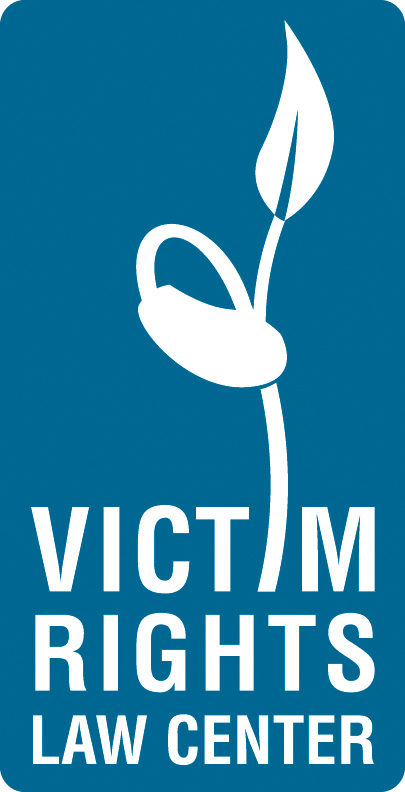Advocacy Confidential
Advocacy Confidential
By Carol Schrader
Senior Attorney, National Training and Consultation, Victim Rights Law Center
Dear Fierce Survivors, Advocates, and Allies,
Welcome to my blog series – Advocacy Confidential.1 Where we sip tea2 and muse together about the role of confidentiality in our violence abolition movement.3 These musings may be quiet reflections or lively debates.
In this first blog post, I invite you, Fierce Reader, to reflect with me about how confidentiality empowers survivors. Survivors decide if they trust advocates4 enough in any given moment to tell them who they are, what they’ve experienced, and what remedy or recovery they dare to hope for. How they’re fired up or scared. Broken or strong. And then they get to decide what happens with that information. If they share the names of their children on a visa application. Or a description of the violence they have experienced on restraining order paperwork. Or their class schedule in a school-based disciplinary proceeding. Survivors may not have consented to what happened with their bodies, but advocates make sure that survivors will consent to how their personal information and narratives will be used to whatever ends survivors choose for themselves.
This need for informed consent is why I appreciate the VAWA confidentiality provisions.5 Flawed as they are. They require any of us who provide legal assistance and other victim services with funding from the federal Office on Violence Against Women (OVW)6 to talk with survivors about what information they might want shared with whom and why. Then advocates and survivors need to agree about what specific information will be shared with whom. And then advocates and survivors must record that agreement which survivors sign. To ensure we have informed consent with this process, at least, we need to know our clients well enough to make sure we provide language access7 for our communications and trauma-informed services. Survivors need to give informed consent for what happens with their information.
What do you think? What other confidentiality issues would you like us to consider together? Please join the conversation – our work is better when we talk about it. And when you write in, feel free to use a pseudonym that’s powerful or fun or whatever you want it to be.
Yours,
Carol Confidential8
1 Do You-Who-Takes-Time-to-Read-Footnotes agree that “Advocacy Confidential” sounds 10 times better than “Confidential Advocacy?” How noir detective or culinary adventurer, no?
2 By “tea” I mean any beverage you choose. No judgment.
3 Even more than I love some footnotes I love the idea that our advocacy is part of a broader violence abolition movement. An advocate on a TA call once shared with me the idea that confidentiality is essential for the violence abolish movement. And I felt incredibly lucky, in that moment, to get to do the confidentiality work I do.
4 I use “advocates” broadly here to including anyone who advocates for a survivor.
5 Don’t let my somewhat unpopular affection for the VAWA confidentiality provisions put you off “Advocacy Confidential.” If you’re unfamiliar with the provisions and want to weigh in on this affection debate, you can find them at 34 U.S.C. 12291(b)(2) and 28 CFR 90.4. I recommend the definitions immediately preceding the provisions. And, if you’re curious about how the VAWA provisions line up with the VOCA, FVPSA, HIPAA, FERPA, and Title X provisions, check out VRLC’s fabulous comparison charts.
6 Do you agree that it’s time for OVW to come up with a gender-inclusive title for their Office?
7 VRLC has a plain language VAWA-compliant ROI.
8 Carol Confidential (nee Schrader) (she/her) is a Senior Attorney on Victim Rights’ Law Center’s national training and consultation team. She helps attorneys and other victim service providers across the country provide legal advocacy for and protect the confidentiality of survivors of sexual assault, dating and domestic violence, and stalking. She lives in the Pacific Northwest. She enjoys her hiking and book groups, culinary adventures, yoga, and quiet evenings at home.
